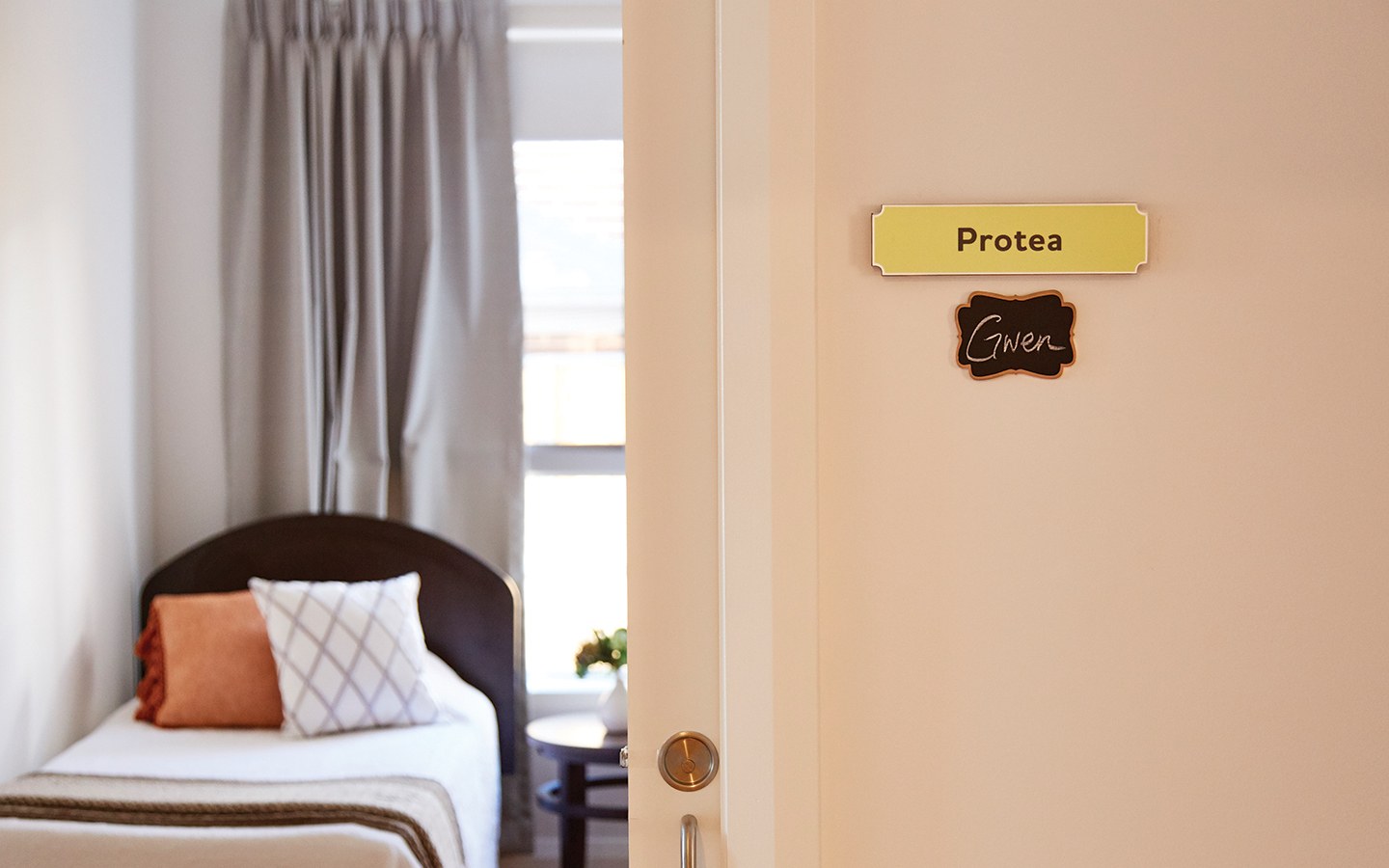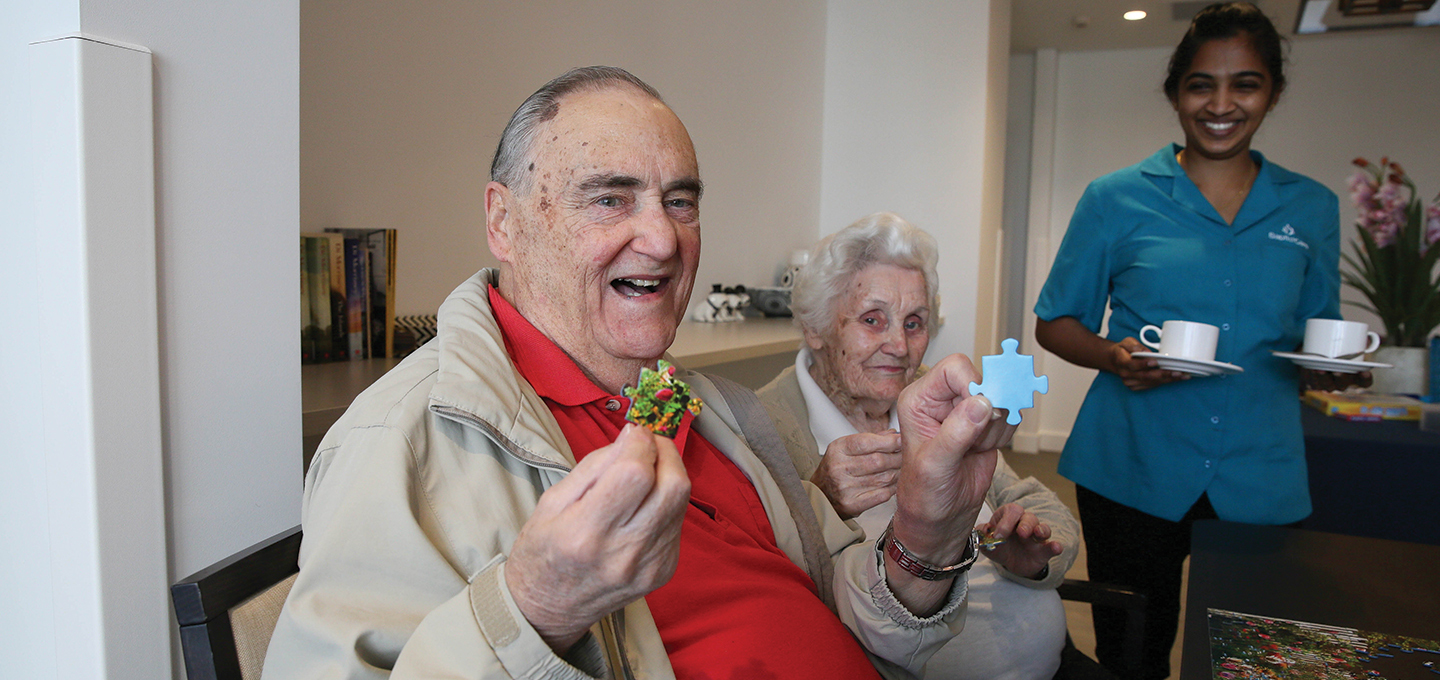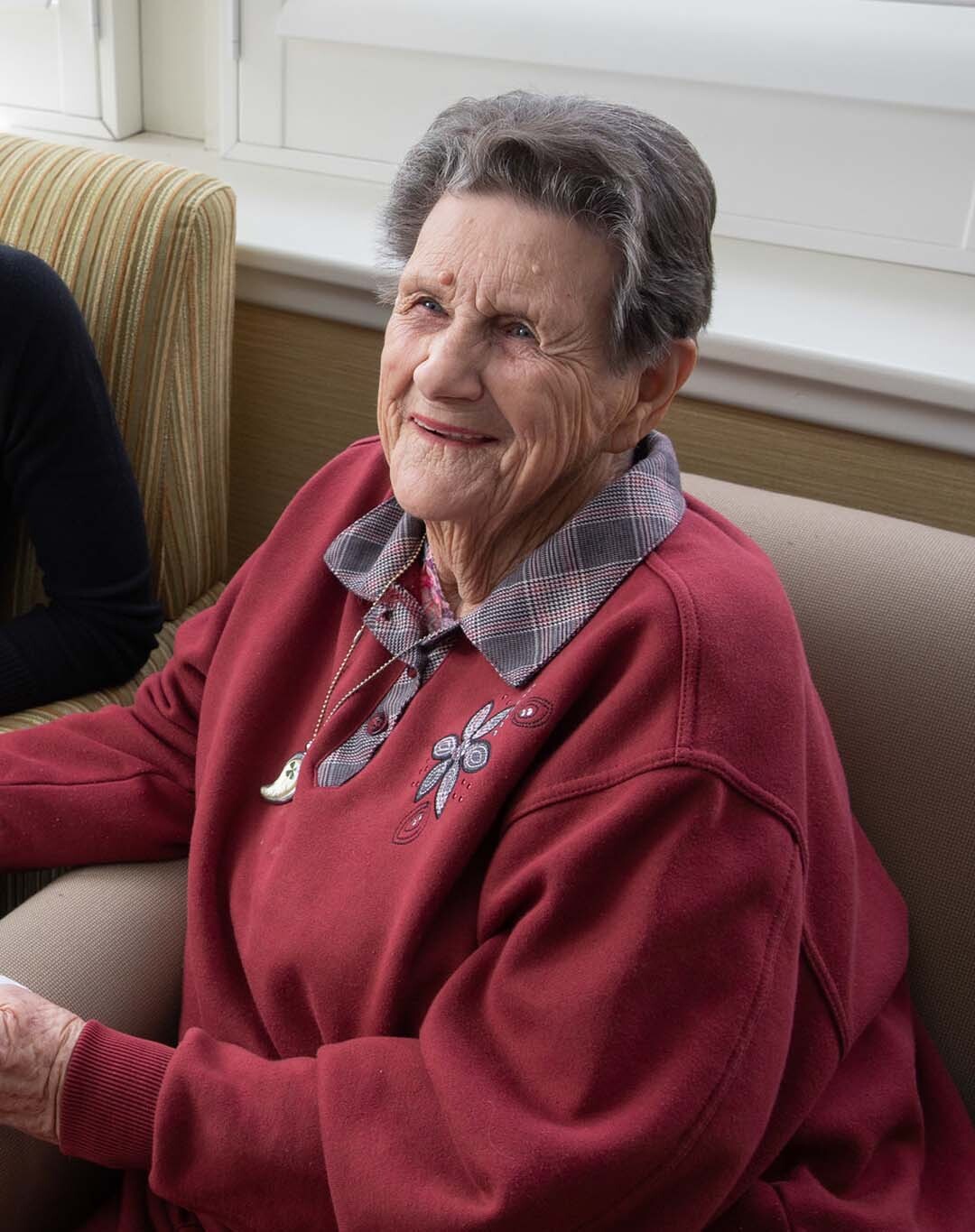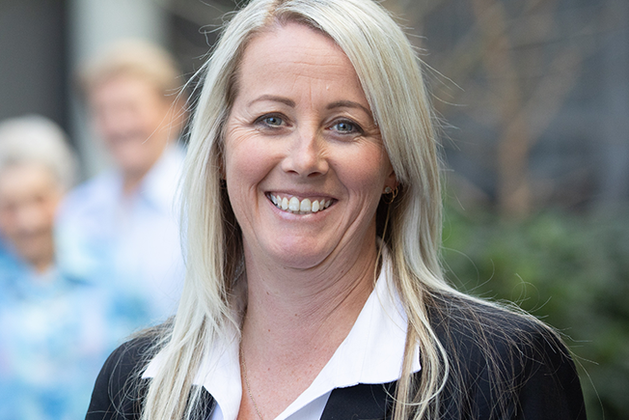What is Respite Care?
Respite care provides short-term care for seniors and temporary relief for their primary caregiver. It can be planned as part of your weekly routine, scheduled for just a few nights, or in some cases, several weeks or months. There is also emergency respite care available should you need it.
Scroll to Explore

13 December 2022
Stories
| Home Care, Aged Care Homes
What is Respite Care?
Respite care provides short-term care for seniors and temporary relief for their primary caregiver. It can be planned as part of your weekly routine, scheduled for just a few nights, or in some cases, several weeks or months. There is also emergency respite care available should you need it.
Acting as a primary carer for someone is the definition of a labour of love. It’s a practical, everyday enactment of your commitment to someone’s well-being. But full-time caring can take a toll, both physically and emotionally, and it’s important to take regular time out to rest, drawing on your local aged care provider for support.
Taking a break from the person you care for is healthy for both parties! Both of you get a change of scene, can spend time in the company of other people doing different activities, and can look forward to coming together again and sharing your experiences.
In Australia, there are three main types of respite care:



How do I know which respite is right for the person I care for?
People need respite care for a variety of circumstances, and the option you choose will come down to your own particular situation.
It might be that you just need one day in the week to yourself, to get the grocery shopping done, attend your own appointments, or spend time with friends and family.
Some carers might need to go away for a few nights and are reluctant to leave their loved one by themselves even for a short period.
Or, if you or the person you care for requires several weeks of ongoing care to recover from an operation or a fall, then residential respite might be a more suitable option.
Below we’ve provided information about each type of respite care along with real customer examples, to help you determine which will best suit your needs.

Day Respite
At BaptistCare, our day respite centres are known as social clubs, located across 18 different locations in NSW and the ACT. This is because they are as much for the attendees as for the carers, offering an engaging day of fun, stimulating activities alongside other local people at a similar stage of life.

Many of our social club members at BaptistCare form lasting friendships, connecting over bowls, craftwork, light exercise, cooking and gardening activities, or special events and excursions.
Most members attend one or two days per week, with each club dedicating a different day of the week to people with similar care needs.
Some respite day centres offer door-to-door transport, picking attendees up in a minibus and dropping them home afterwards.
Who might attend day respite?
 | Patrick*, 83, attends our social club in Wagga Wagga every Tuesday from 9.00am – 3.00pm when activities are focused on supporting people like Patrick who live with low-level dementia. Patrick enjoys catching up each week with his friend Ron,* and participating in his favourite activities - music therapy and bingo. *Names have been changed. |
Stay in the know!
Here's a tip from Assistant Home Services Manager, Sweta Sharma.
"Our social clubs are a great option for seniors who want to stay connected with their community and who like to socialise. The clubs also provide an opportunity for their carers to take a break whilst their loved one receives quality care."


Cottage Respite
Cottage respite caters for short-term, overnight stays anywhere from two nights to three weeks. On average, guests usually stay for around six days.
Cottages provide an intimate setting, accommodating up to ten people at any one time, including couples. They are designed to feel like a home away from home, with cozy bedrooms, accessible bathrooms, and a homely lounge room and kitchen.

Cottages are managed by a small team, with a ratio of one staff member to every three or four clients. The team of highly skilled care workers engage clients with an activities program that is tailored to their particular interests. The team will cook fresh meals for guests and will also organise group excursions.
As there are no Registered Nurses (RN) or doctors onsite, respite cottages only cater for those with low-level care needs, although staff can assist with things like:
- Personal care
- Medication assistance
- Continence management
Whilst most cottage guests will be living with mild to moderate dementia, they will need to have a reasonable level of mobility to stay at the cottage. Otherwise, it might be worth considering residential respite which offers round-the-clock medical care.
Who might attend cottage respite?
 | Lorraine*, now in her mid-nineties, stays at BaptistCare’s Willmette cottage in Sydney every now and then to give her carers a break for a few days. *Names have been changed. |
Stay in the know!
Here's a tip from our cottage respite Care Facilitator, Abigail Schiavello.
"I often find that clients who have an active Commonwealth Home Support Programme (CHSP) aren't always aware that they need a specific "Cottage Respite" code from MyAgedCare to access the subsidised nightly rate. I highly recommend anyone interested in cottage respite care to seek this code now, even before you need it."


Residential Respite
Residential respite offers high-level, round-the-clock assistance with everyday tasks such as washing and dressing, cooking, and continence management. Residential care home teams are made up of highly skilled staff, including Registered Nurses (RNs) and physiotherapists.

Residential respite is a good option for people needing care after being discharged from hospital, for example if they have recently undergone an operation and have limited mobility whilst they recover.
In this sense, residential care can sometimes be referred to as emergency respite care, when unexpected situations arise, like a fall for example, and 24/7 care at home is not possible. Residential care home vacancies can be accessed quickly depending on the location, with some homes keeping a few rooms aside solely for respite residents.
Residential respite care is heavily subsidised, making it one of the most affordable respite options for seniors. It is not means tested, and residents can claim up to 63 days per day. On average, most temporary residents choose to stay between two and four weeks.
Who might attend residential respite?
 | Julie*, 89, lives with high-level dementia. She and her husband, Ian*, live in a unit within a retirement community, where Julie accesses daily home care services and is cared for by her husband.
|
Stay in the know!
Here's a tip from our BaptistCare Client Liaison Administrator, Kerry Stahlhut-Lentern.
"Some of our residential respite clients choose to transition to permanent residency after experiencing life in a residential aged care home for a few weeks. In this way, residential respite is a great 'try before you buy' option for those considering a permanent move to residential aged care."

Where is respite care available?
BaptistCare offers respite services across multiple locations in NSW and the ACT.
Learn more about respite care options with BaptistCare, including our:
- Day care respite
- Our cottage respite facilities in Sydney and Wagga Wagga
- Residential respite, including emergency respite
Make an Enquiry
Want to speak to someone? Complete the enquiry form below and one of our friendly team will be in touch.